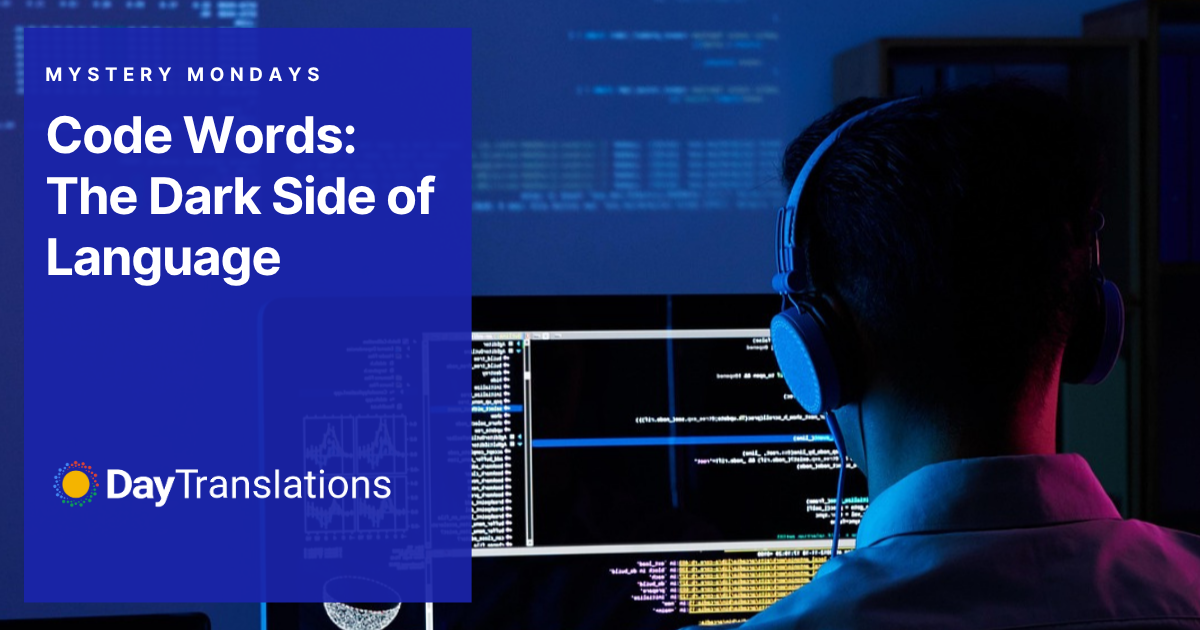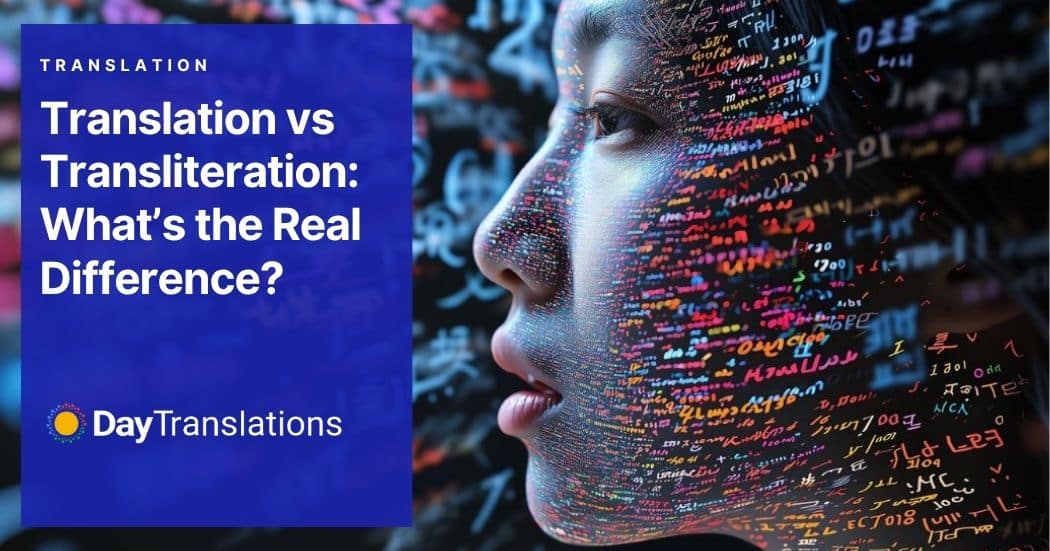Imagine you hear someone online talking about “skypes,” “yahoos,” or “googles.” Sounds harmless, right? Maybe they’re chatting about video calls or search engines.
But what if those words aren’t what they seem?
Welcome to this week’s Mystery Mondays, where we decode the coded. This time, we’re diving into the secretive world of code words – where ordinary language becomes a secret handshake, a filter-dodger, or a digital disguise.
What Is a Code Word?
A code word is a word or phrase that’s been given a hidden meaning – one that only insiders understand. It’s used to:
- Avoid detection
- Signal membership in a group
- Talk about sensitive or controversial topics
In short, it’s a linguistic cloak of invisibility.
Think of it like this: If the internet were a classroom, and teachers were on high alert for troublemakers, students might start calling “cheating” something like “banana-ing.” Out of context, it’s nonsense. But to them, it makes perfect sense – and gets past the rules.
How Code Words Slip Through the Cracks
Most online platforms use automated filters—algorithms trained to catch banned words. But those filters look for literal matches, not hidden meanings.
So instead of using a flagged word, people swap in a harmless-sounding one. It’s like switching the label on a bottle of poison to read “apple juice.” Unless you know what’s really inside, it slips by unnoticed.
Examples include:
- “Spicy content” instead of adult material
- “Unalive” instead of suicide
- “Almond mom” as a meme code for disordered eating habits
- Even emoji strings can become stand-ins for entire phrases
It’s Not Always Evil – But It Is Slippery
Code words aren’t inherently sinister. In fact, secret codes have been used throughout history by:
- Resistance fighters
- Political dissidents
- Teenagers trying to text privately
- Fandoms avoiding spoilers
Sometimes, code words are about survival or safety. Other times, they’re playful, subversive, or just a way to dodge bots.
But the slipperiness of code language makes it hard to draw a line. Platforms struggle to tell the difference between a joke, a warning, and something more serious. And since code words can change quickly, staying ahead of them is like trying to catch smoke.
Language That Hides in Plain Sight
The real trick of code words is that they hide in plain sight. The words themselves aren’t new – but their meanings are constantly evolving.
This is what makes moderation such a challenge. You can filter for known slurs, but how do you stop someone from using “banana” if only their group knows it means “attack”?
It’s not just a tech problem – it’s a context problem. And context, unlike keywords, is hard to automate.
Why Should We Care?
Code words show us how adaptable – and slippery – language can be. They remind us that words are more than just sounds or letters. They carry culture, context, and coded intent.
In the digital age, understanding what people really mean means looking beyond the surface. Because sometimes, “googles” doesn’t mean search engines – and that’s a problem only humans (so far) can reliably catch.
Language is a living thing – and code words are its secret diary. Stay curious, stay sharp, and we’ll see you next week for more Mystery Mondays!












Sorry, the comment form is closed at this time.